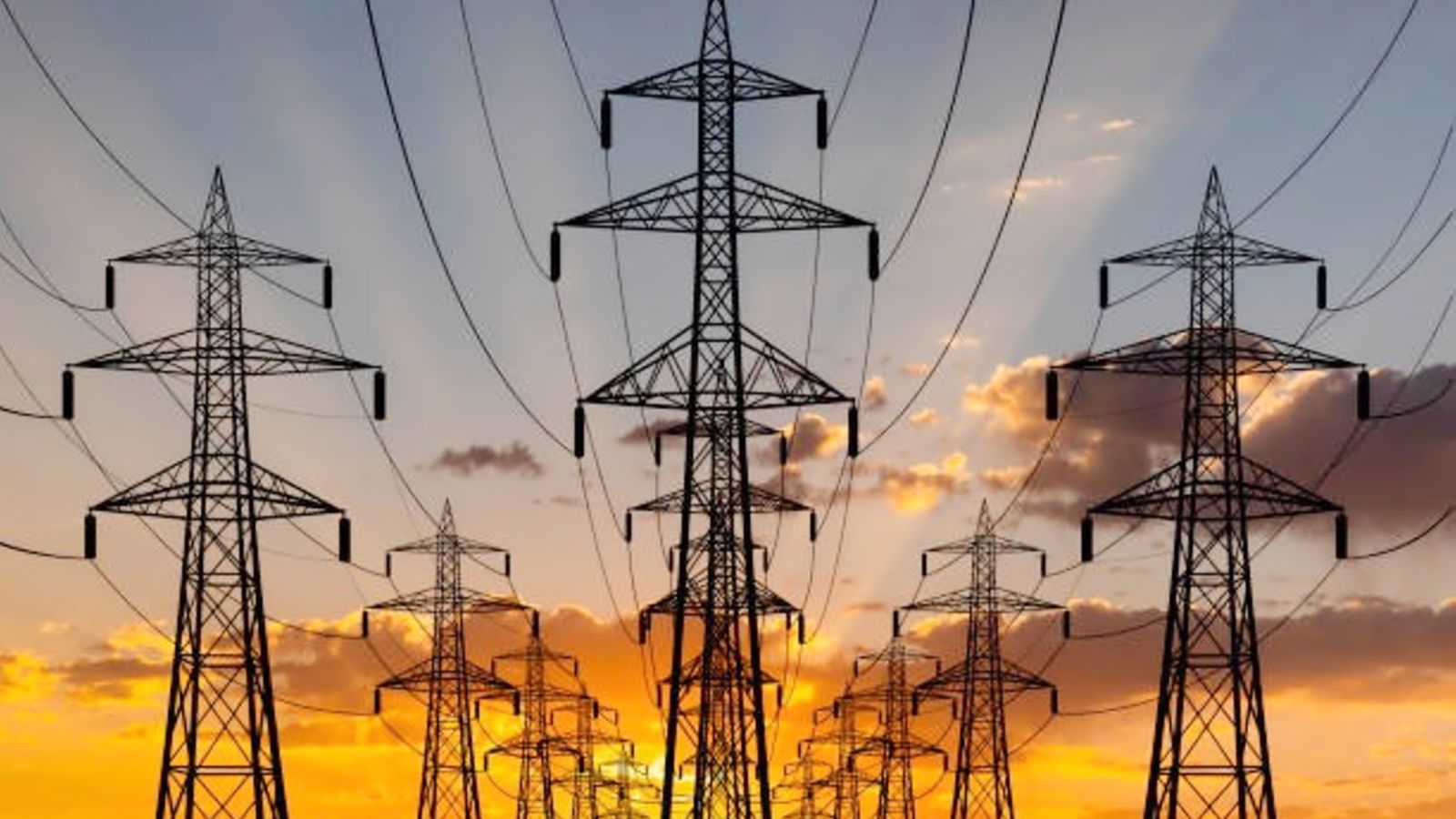Why S. Sudan ceasefire deal matters for region

From right: South Sudanese politician Taban Deng Gai, Intergovernmental Authority on Development envoy Seyoum Mesfin, Ethiopian Foreign minister Tedros Adhanom, Sudan People’s Liberation Movement member Nhial Deng Nhial, and chief mediator Lazaro Sumbeiywo sign a ceasefire agreement on Thursday. PHOTO | AFP
What you need to know:
- Warring parties urged to continue dialogue as crisis threatened to suck in other countries for a fully-blown out war in the newest nation
Dar es Salaam/Nairobi. Dar es Salaam joined the international community to welcome the signing of a cease-fire agreement between warring South Sudan rivals.
The much-delayed deal reached in Addis Ababa late Thursday provided for the cessation of hostilities within 24 hours. It was signed by representatives of South Sudan’s President Salva Kiir and rebel delegates loyal to ousted vice president Riek Machar.
South Sudan’s government also agreed to free 11 officials close to Mr Machar who were detained after fighting between rival army units broke out on December 15, although no time-line for their release was given.
Mediators from the East African regional bloc IGAD, which has been brokering the peace talks, said the deal will put in place a verification and monitoring mechanism for the truce and allow unrestricted access to aid workers.
Commentators in Dar es Salaam who reacted to the news of the deal said it was the most pleasant news for the EAC region whose stability was bound to suffer from a disintegrating South Sudan.
Former East Africa Community Secretary General Mr Juma Mwapachu was among commentators who cheered the agreement and praised regional governments for bold steps to end the crisis which he said could destabilise local economies and endanger national security.
“South Sudan is an important regional player with abundant natural resources. What is most important is the future prospects for that country, we can’t let this madness tear them apart,” Mwapachu told The Citizen on Saturday in an interview.
Dr Kitojo Wetengele of the Mozambique-Tanzania Centre for Foreign Relations said the only route to peace and stability for South Sudan is dialogue. “It is good the opposing camps have signed a cease. War can’t solve tribalism and power struggle, they have to talk and see how to take the country forward,” he said.
African Union Commission chair Nkosazana Dlamini-Zuma said she commended the negotiating parties for the “spirit of compromise and mutual accommodation they demonstrated”.
She urged the two sides to “faithfully and fully implement the commitments they have made”.
The United States also welcomed the signing, saying it represents “a critical first step toward building lasting peace” in the ravaged country.
“We congratulate the IGAD mediation team for its crucial work in realising this critical step in resolving the conflict in South Sudan,” a US State Department spokeswoman said in a prepared statement.
“With the Intergovernmental Authority on Development and other friends of South Sudan, we will continue our efforts to expedite the release of the detainees and ensure their meaningful participation in a political dialogue,” the US statement added.
The European Union in reaction said the killings “must now end”.
“This agreement must now be turned to reality and the parties must move immediately to implement it in good faith,” EU foreign policy chief Catherine Ashton said in a statement.
The fighting has been marked by atrocities committed by both sides, and more than half a million people have been forced from their homes during a wave of ethnic violence in the impoverished nation.
Aid workers and analysts believe up to 10,000 people have died, although official figures have been lower.
“These two agreements are the ingredients to create an environment for achieving total peace in my country,” said Taban Deng, head of the rebel delegation.
He said he hoped the deal would “pave the way for a serious national political dialogue aiming at reaching lasting peace in South Sudan,” the world’s newest nation, which only won independence from Khartoum in 2011. Government negotiator Nhial Deng Nhial said the talks, which have been dragging on in a luxury hotel for three weeks, were “not easy”.
“We hope to be able to make haste towards an agreement that will end bloodshed,” he said, but voiced scepticism over the ability of the rebels, comprising renegade army units, ethnic militia and ordinary civilians, to stop the violence.
“What worries us is whether the agreement on the cessation of hostilities will stick (and) the capacity of the rebel group... to stop fighting,” he added. “We would like to take this opportunity to urge the rebel group to heed the voice of reason and abandon the quest for political power through violence.”
After initial clashes broke out in the capital Juba more than a month ago, the conflict rapidly escalated into all-out war between the regular army, who have been backed by Ugandan troops, and breakaway army units and other militia.
The violence took on an ethnic dimension as members of President Kiir’s Dinka tribe clashed with Mr Machar’s Nuer group, sending thousands to seek shelter in squalid camps or within UN peacekeeping bases and others escaped to neighbouring countries.
On Monday, government forces recaptured the town of Malakal situated in the strategic oil-producing Upper Nile state and the last major settlement under rebel control. Large numbers of rebel forces, however, are still massed in rural areas and smaller towns.
Analysts are however warning that bringing battling gunmen on the ground under control and making the truce stick is the difficult part.
Government delegation head Nhial Deng Nhial said he was sceptical of the rebels’ capacity to rein in their forces, “given that the bulk of the rebels are made up of civilians” -- essentially any one of the countless people who have kept hold of their guns after decades of conflict.



